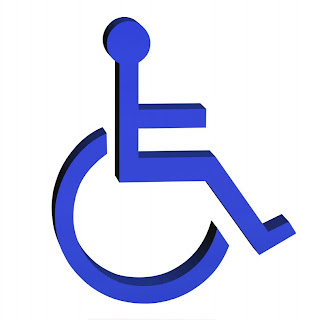Japanese Billionaire Opens Mansions to Homeless Single Mothers
Dorie-Ann Kahale and her five daughters moved from a homeless shelter to a mansion Thursday, courtesy of a Japanese real estate mogul who is handing over eight of his multimillion-dollar homes to low-income Native Hawaiian families.
Tears spilled down Kahale's cheeks as she accepted from billionaire Genshiro Kawamoto the key to a white, columned house with a circular driveway, a stone staircase and a deep porcelain bathtub. Her family will live there rent-free, but must pay utility bills.
"I'm shocked. I'm overwhelmed," Kahale said. "From the little box we had to what we have today."
Kawamoto, whose own eyes started welling up as Kahale cried, handed over two other homes Thursday to homeless or low-income families.
Kawamoto, one of Japan's richest men, said he plans to open eight of his 22 Kahala homes to needy Hawaiian families. They will be able to stay in the homes for up to 10 years, he said. He also gave each family 10 $100 bills to help them move in.
Native Hawaiians are disproportionately represented among the state's homeless and working poor.
Kawamoto owns dozens of office buildings in Tokyo under the name Marugen and his been buying and selling real estate in Hawaii and California since the 1980s.
He has been criticized for evicting tenants of his rental homes on short notice so he could sell the properties, as in 2002 when he gave hundreds of California tenants 30 days to leave. Two years later, he served eviction notices to tenants in 27 Oahu rental homes, mostly in pricey Hawaii Kai, saying they had to leave within a month. He said he wanted to sell the houses to take advantage of rising prices.
Kawamoto selected the eight low-income families from 3,000 people who wrote him letters last fall after he announced his plan. He has said he tried to pick working, single mothers.
Giving away mansions shows more dedication to helping Hawaii's homeless than just handing out wads of cash, he said. Asked whether he was concerned about losing money on the effort, he laughed and said: "This is pocket money for me."
Kahale's new house is worth nearly $5 million, an average price for the mansion-like dwellings on Kahala Avenue. It is one of the more modest homes in the neighborhood, many of which feature ornate iron gates, meandering driveways and sculptured gardens.
Kahale became homeless two years ago when her landlord raised her rent from $800 to $1,200, putting the apartment beyond reach of her salary as customer service representative for Pacific LightNet, a telecommunications company. She first stayed with relatives, then moved to a shelter in September.
The neighbours on the street are not happy with Kawamoto's plans. they think he is trying to drive down real estate prices so that he can snap up more homes. They believe that the Waianae Coast, a heavily Hawaiian community on the other side of Oahu that has been hit hard by homelessness, would have been a better place for Kawamoto to carry out his charity work.
Whatever the reason are for his charity, I like it. Hawaii is seen by the world as a paradise dream vacation, but the locals on the west side of the island are living in extreme poverty. When we visited there a few years ago we were shocked by the hundreds of families living in tents on the beach.
The families there need this hand up and I am glad that this gentleman helped them out. It's too bad that more than one family couldn't make use of each house.
PHOTO CREDIT:YAHOO via AP
Comments